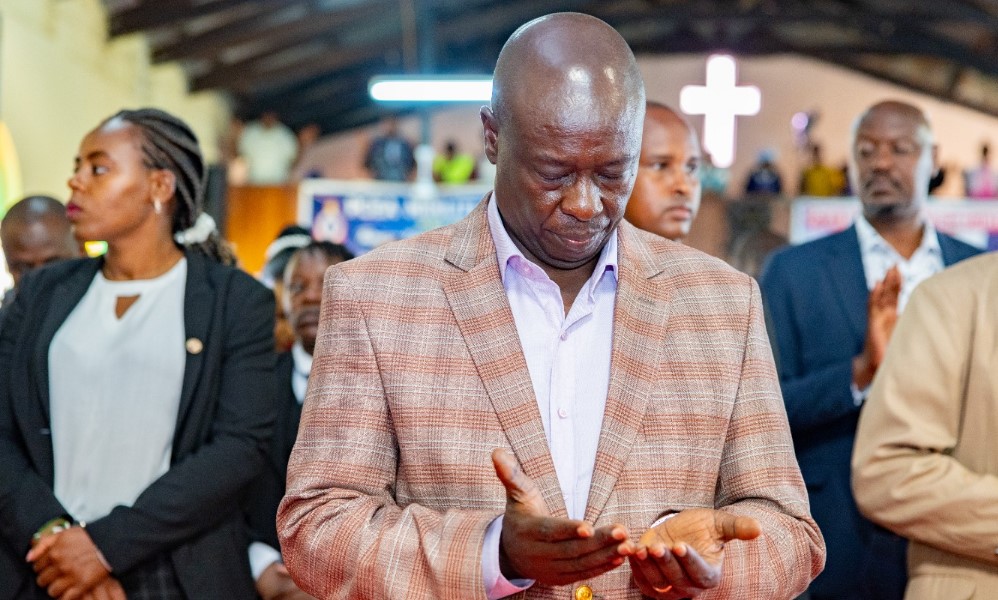Just hours after President Ruto’s administration lifted a ban on Genetically Modified Organisms (GMO) food products, both proponents of the move and their opponents alike were quick to state their position on this move. Scientists have found themselves sharply divided on the place of GMOs in Kenya.
Speaking on a local TV station during the evening news, Anne Maina, the National Coordinator, Biodiversity Association of Kenya poured cold water on the President’s directive stating that in the United States, for example, there still exist a lot of questions about chemicals associated with the production of GMOs.
She pointed out the case of a chemical called glyphosate (locally known as Roundup) saying, “there have been over 30,000 cases in the U.S of where the company that has been producing this particular chemical has been sued because people developed cancer as a result of using glyphosate.
A check into the United States Environmental Protection Agency’s (EPA) website however reveals that there have been no known links between glyphosate and cancer-causing agents. A statement from the website reads in part, “as part of this action, EPA found that there are no risks of concern to human health when glyphosate is used in accordance with its current label.
President Ruto’s move to lift the ban on GMOs after a decade will surely continue to elicit debate in the coming days, but as it appears, GMOs is now be here to stay
EPA also found that glyphosate is unlikely to be a human carcinogen.” On her part, Dr. Margaret Karembu, Director, ISAAA Africenter is among the scientists that have welcomed the move by the President.
Dr Karembu she said, “Scientists globally, including academies of science, health, engineering and agriculture, have thoroughly assessed the safety of foods developed from biotechnology and they have all come to one verdict that GM crops and GM foods are as safe as traditional foods and they don’t pose any concern or any safety issue.”
This debate comes a day after William Ruto toured the Nyanza region where he promised to revive cotton farming in the region, among other promises. In 2019, Kenya approved commercial farming of Bt cotton, making the crop the first genetically modified plant to be grown here after years of research.
President Ruto’s move to lift the ban on GMOs after a decade will surely continue to elicit debate in the coming days, but as it appears, GMOs is now be here to stay.
By Alvine Opicho





